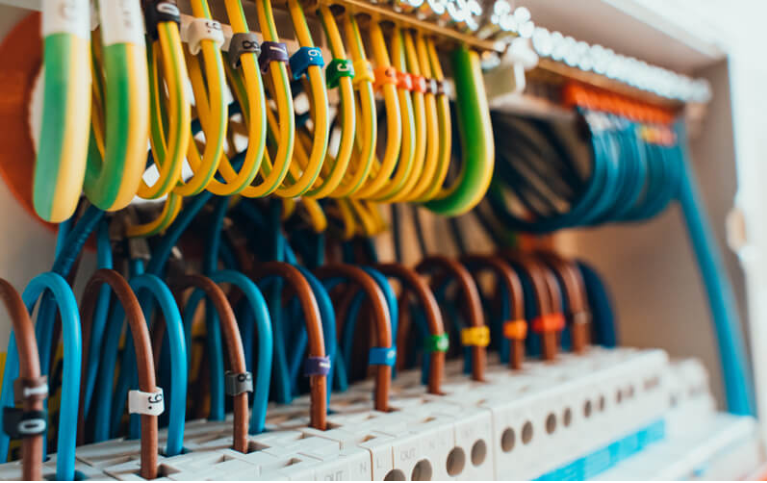
Rewiring: A Crucial Upgrade for Safety and Efficiency
Rewiring is the process of replacing old, damaged, or outdated electrical wiring in a building to ensure safety, compliance with current standards, and improved energy efficiency. Whether you own a residential property or a commercial facility, rewiring is essential to protect against potential hazards like electrical fires, power outages, and faulty connections.
Over time, electrical systems experience wear and tear. Wires can degrade, insulation can crack, and outdated setups may not meet modern electricity demands. Rewiring ensures your electrical system can support current appliances, gadgets, and lighting solutions without risk. It also allows for the integration of advanced features such as smart home technology and energy-saving systems.
Key Benefits of Rewiring:
- Enhanced Safety: Old wiring poses a serious fire risk. Rewiring eliminates this danger and provides peace of mind.
- Improved Efficiency: Modern wiring reduces power loss and supports high-efficiency electrical devices.
- Increased Property Value: A newly rewired property is more attractive to potential buyers and meets modern electrical standards.
- Compliance with Regulations: Rewiring ensures your electrical systems are up to code, which is essential for both insurance and inspections.
When Should You Consider Rewiring?
If your property is over 20 years old, shows signs of flickering lights, frequent fuse trips, or burning smells from outlets, it’s time to consider rewiring. Ignoring these signs could lead to major electrical failures or fire hazards.
Conclusion
Rewiring is not just about upgrading your electrical infrastructure—it’s about ensuring safety, efficiency, and long-term reliability. Investing in professional rewiring services can protect your home or business while preparing it for future power needs. Don’t wait for a short circuit or major fault—act early and make rewiring a priority.



